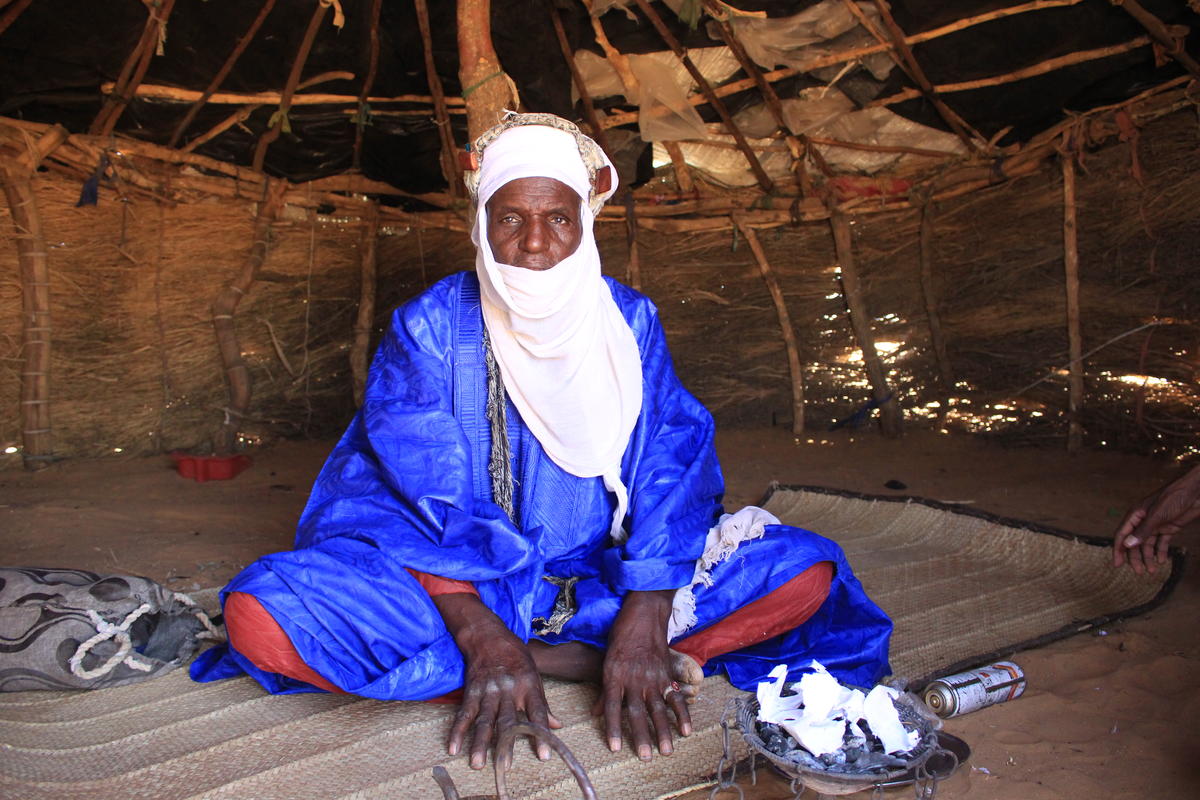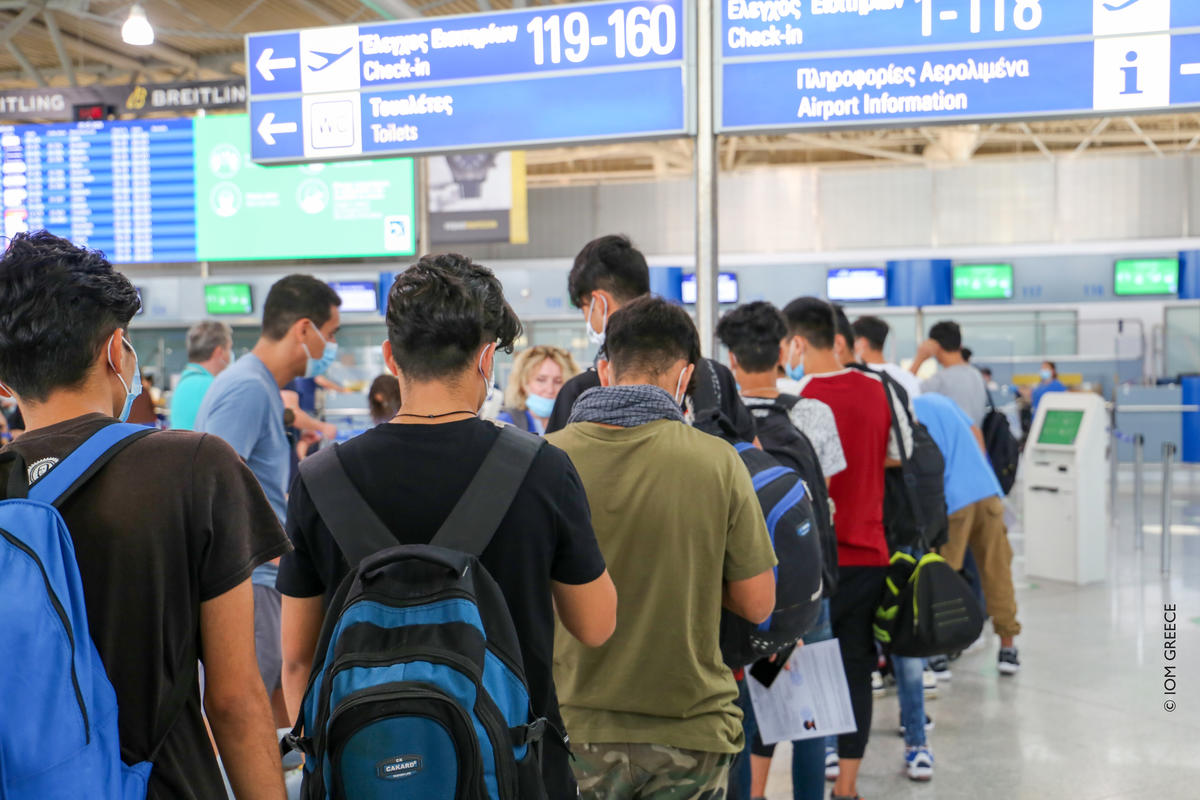More than 100 boat people believed drowned in Gulf of Aden
More than 100 boat people believed drowned in Gulf of Aden
10 March 2005
GENEVA, March 10 - The United Nations refugee agency fears that more than 100 people may have died at sea in the past week while attempting to reach Yemen aboard smugglers' boats from Somalia.
According to witnesses aboard other boats interviewed by UNHCR staff in Yemen, a vessel carrying 93 passengers sank on 3 March in the Gulf of Aden after developing a technical problem. Only the crew of four are thought to have survived. The dead were reportedly Somalis and Ethiopians, including women and children, according to witnesses.
The boat was one of six that had sailed from Bossasso, in north-eastern Somalia, 12 hours earlier. More than 450 passengers on the five other boats were disembarked by the smugglers at the coastal village of Bir Ali in southern Yemen. Once ashore, they were intercepted by the Yemeni authorities and taken to the nearby Mayfa'a reception centre, where they received medical help and food before being interviewed by UNHCR. One of the Somalis who arrived at Bir Ali had been so severely beaten by smugglers that he died of his injuries shortly after reaching shore. He was buried at Bir Ali.
Four days later, on 7 March, the crew of another boat ordered the 85 passengers aboard to jump into the sea while still some way off the coast. Survivors told UNHCR that 18 people drowned as a result - 17 Somalis and one Ethiopian. The Yemeni authorities have recovered seven bodies. Sixty-seven survivors reached shore. They too received emergency UNHCR assistance at the Mayfa'a reception centre, which is now struggling to cope with 535 new arrivals in less than a week. Survivors told UNHCR staff that some 1,500 people are waiting to be smuggled into Yemen from Bossasso in the coming days.
This tragedy is the latest in a series of similar accidents that have caused an untold number of deaths in the past few years. Many are unreported. Over 100 people were feared lost when a smugglers' boat sank in the Gulf of Aden in March 2004. At least 21 others perished in a similar incident in September 2003. Every year, thousands of Somalis and Ethiopians fall prey to unscrupulous traffickers in the hope of being smuggled into Yemen, from where many seek to make their way into Europe. They are fleeing poverty, and in Somalia's case insecurity, in their homeland. Amongst these desperate people are refugees trying to escape persecution and violence.
UNHCR is appalled at this ongoing human tragedy. These latest deaths once again highlight the urgent need for a concerted international effort to address the root causes of this growing disaster. Amongst the issues that need to be considered are how to deal with smugglers and human traffickers, and developmental needs in countries of origin, as well as how to ensure that people in need of international protection do not have to resort to such desperate measures to receive the help they need.
The refugee agency also calls for support to help countries of transit - such as Yemen - cope with the burden of receiving thousands of people every year. Yemen, at the southern end of the Arabian Peninsula, is an exception amongst the Gulf countries in having signed the 1951 Refugee Convention. Despite its own economic constraints, it has been extremely generous in its handling of migrants and refugees alike. Somalis who arrive in Yemen are being granted refugee status on a prima facie basis (by virtue of their belonging to a specific group - in this case their nationality - rather than on a case-by-case basis). There are some 47,000 Somalis registered with UNHCR in Yemen, although the authorities estimate that hundreds of thousands more are on their territory.








